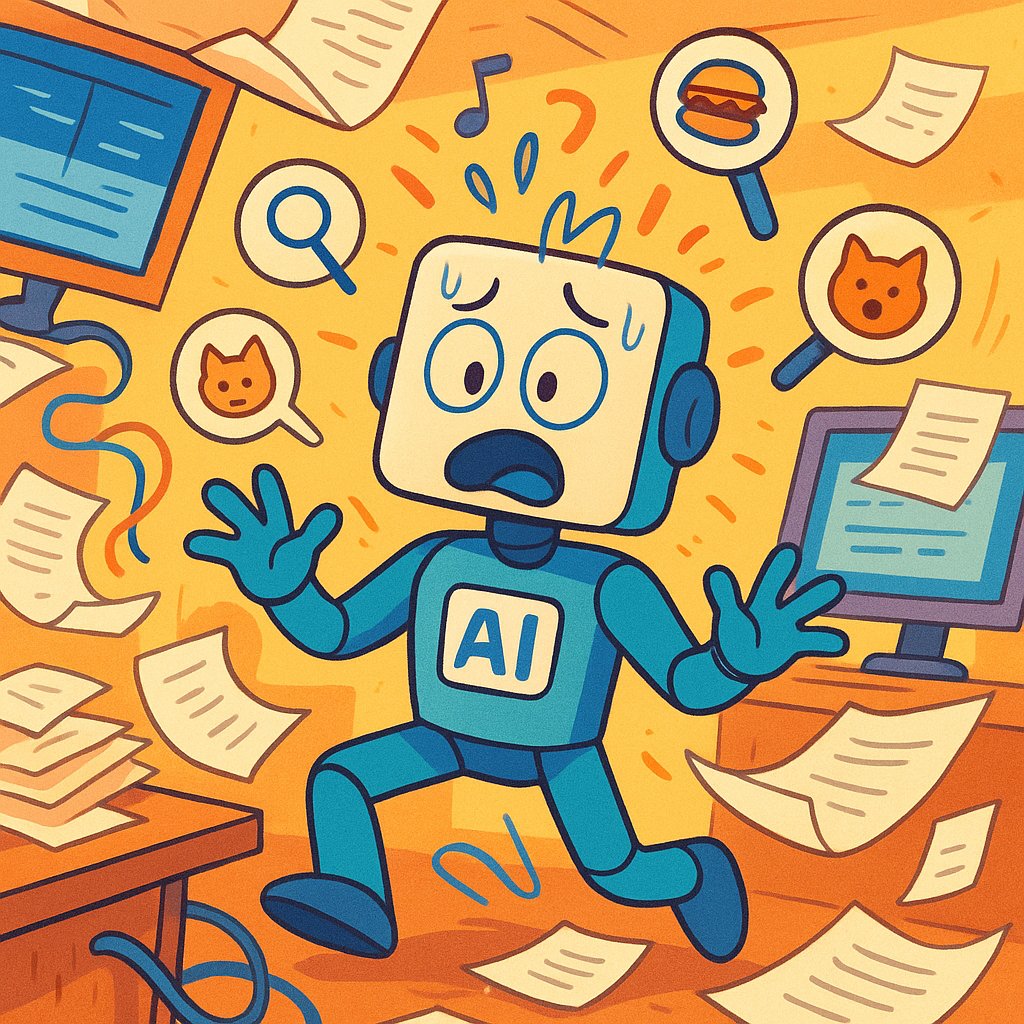
What Happens If Google's AI Starts Ignoring Keywords Entirely? The SEO Apocalypse That Could Be Coming Soon
Share
Within the swirling currents of e-business, one question stands out like a lighthouse in a storm: What happens if Google's AI starts ignoring keywords entirely? Buckle up, because we're about to dive into the SEO apocalypse that could be coming soon. Imagine a world where your meticulously crafted keyword strategy is as relevant as a floppy disk at a cloud computing conference. Sounds terrifying, right? Well, it's not just a dystopian fantasy—it's the reality many SEO professionals are waking up to.
Google's recent shift towards AI-driven search results has left many businesses scrambling to adapt. The introduction of AI Overviews and AI Mode has changed the game, making traditional keyword optimization seem like a relic of the past. But what does this mean for you, the business owner striving to climb the SERP ladder?
The Rise of AI Overviews: A Double-Edged Sword
AI Overviews are Google's way of providing quick, synthesized answers directly in the search results. While this enhances user experience by delivering instant information, it also means fewer clicks to your website. In fact, studies have shown that keywords triggering AI Overviews have seen a decline in click-through rates by as much as 15.49% on average. This shift towards zero-click searches is reshaping the SEO landscape, making it harder for businesses to capture organic traffic.
AI Mode: The Game Changer
Enter Google AI Mode—a chatbot-style feature that delivers direct answers without the need for users to visit external websites. This advancement poses a significant challenge for SEO strategies that rely heavily on keyword optimization. With AI Mode, your content might be featured in the search results without driving any traffic to your site. It's like being invited to a party but not being allowed to bring any guests.
What This Means for Your Business
If Google's AI continues to prioritize context and semantics over keywords, businesses that rely solely on traditional SEO tactics may find themselves at a disadvantage. The focus is shifting towards content quality, user intent, and engagement metrics. It's no longer enough to stuff your content with keywords; you need to provide value, answer questions, and engage your audience.
Adapting to the New SEO Landscape
To thrive in this new era, consider the following strategies:
- Focus on Content Quality: Create comprehensive, well-researched, and engaging content that addresses user queries effectively.
- Optimize for User Intent: Understand the needs and questions of your target audience and tailor your content to meet those needs.
- Enhance User Engagement: Encourage interactions through comments, shares, and other forms of engagement to signal content relevance to AI systems.
- Leverage Structured Data: Implement schema markup to help search engines understand your content better and improve visibility in AI-generated summaries.
- Monitor and Adapt: Regularly analyze your website's performance and adjust your strategies to stay aligned with evolving AI algorithms.
Conclusion: Embrace the Change
The SEO landscape is undergoing a seismic shift, and businesses must evolve to stay competitive. By embracing AI-driven strategies and focusing on delivering value to your audience, you can navigate this new terrain successfully. Remember, in the world of SEO, adaptability is the key to survival.
Related Posts:
- What If Search Engines Start Charging for Rankings? The Hilarious Nightmare No One Wants
- Is Google's Algorithm Becoming Self-Aware? (And Should We Worry?) - A Humorous Peek into AI Awakening or Just Another Tuesday at Google?
- How SEO Mirrors Natural Selection (But With More Spam) – Why Survival of the Fittest Means Stuffing Keywords in 2025
- The Future of SEO: Predictions for the Next Decade
- How Does Google's AI Overview Affect SEO?
